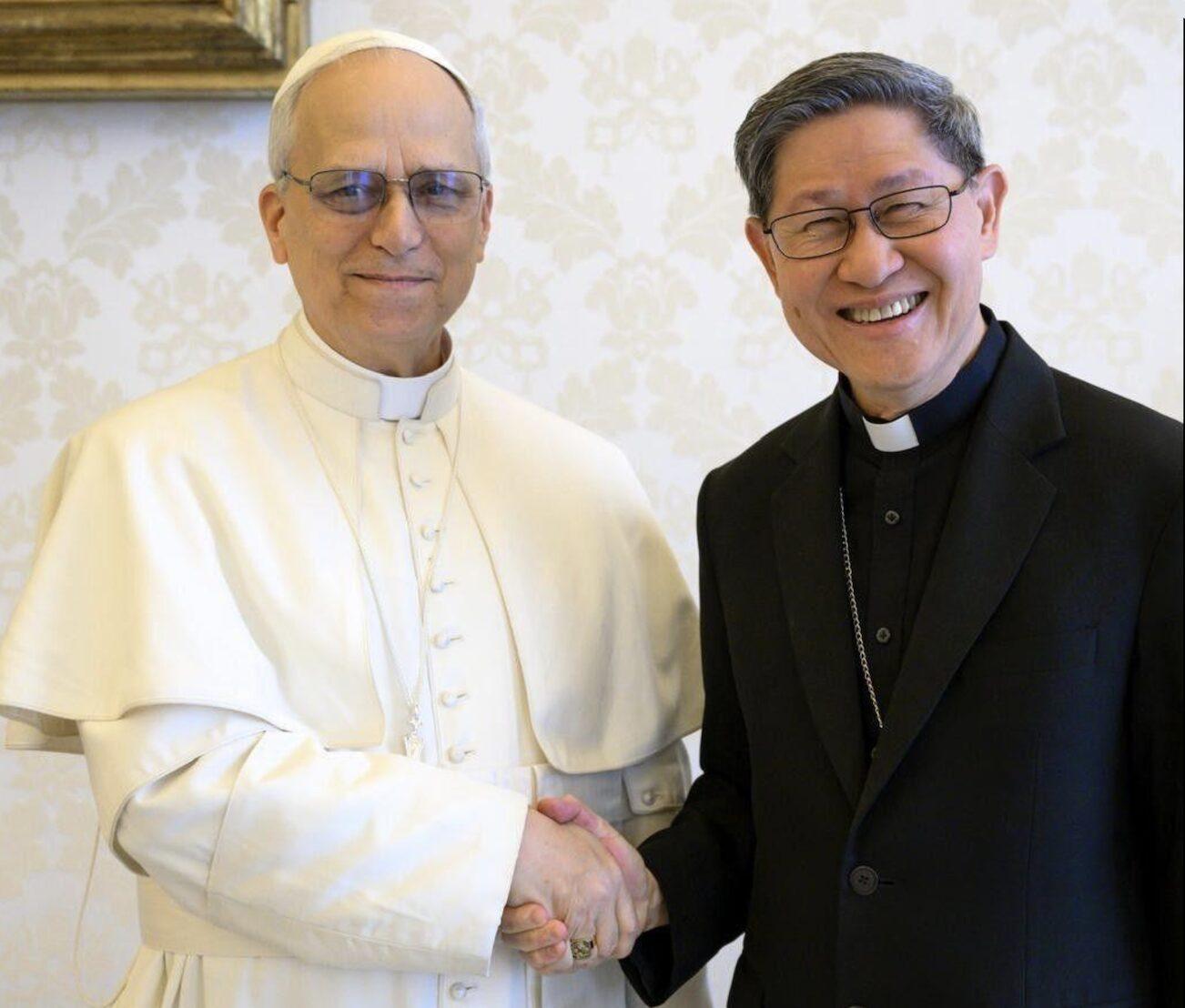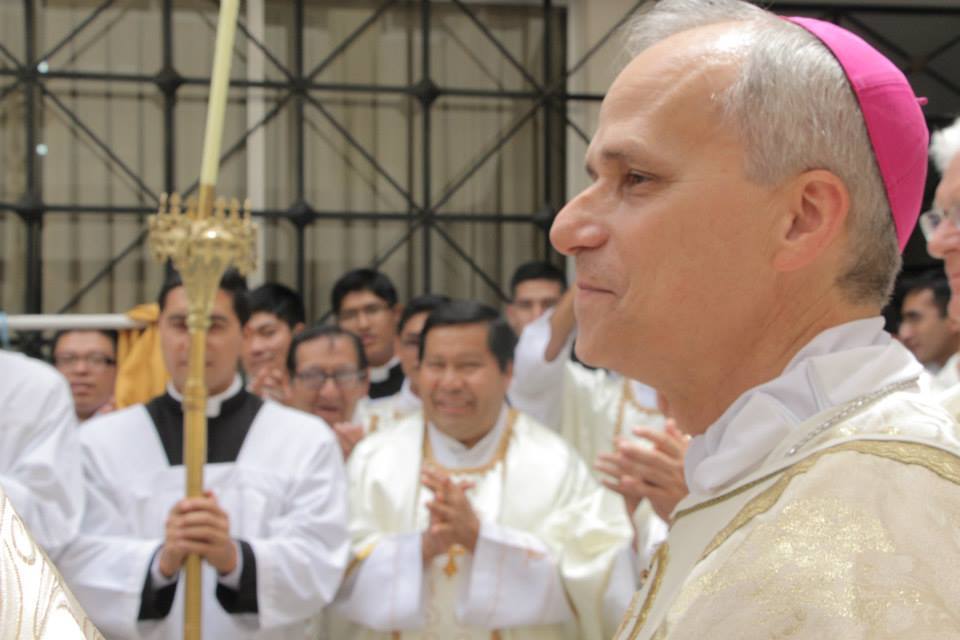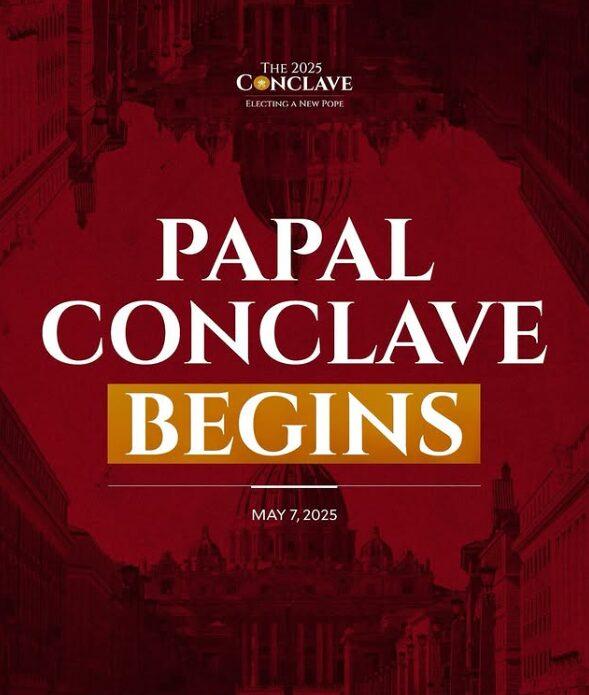It might be the season of giving, but a new study shows that wealthy individuals residing in states with high income inequality are less likely to be generous toward others.
Researchers from the University of Toronto’s Rotman School of Management and Stanford University’s Department of Sociology who conducted the study noted that recent research has found that higher-income individuals are less likely to give than those with lower incomes. However, they said this was “likely oversimplistic,” as it ignores the role of economic inequality.
Additionally, those earlier findings were not the case in Europe and Japan.
“That was a bit of a puzzle for us,” said study author Stéphane Côté, a professor at the University of Toronto’s Rotman School of Management. “That’s why we reasoned maybe a factor that seems to affect the rich is whether they live in a place that is highly unequal in terms of economic inequality.”
Study authors used results from a previous study called Measuring Mortality, a survey of 1,500 Americans that gauged generosity using an approach called the “dictator game,” which has been demonstrated to correlate with real-life giving. The survey involved telling participants they had 10 raffle tickets that they could give to other participants.
In the end, researchers of the survey found that individuals who earned at least $125,000 annually in states with the greatest income disparity shared significantly less than those in states with more even income distributions.
Researchers validated the findings by recruiting an additional 700 people online, who were provided false data indicating their home states had either high or low inequality.
“Higher-income participants were less generous than lower-income participants when inequality was portrayed as relatively high, but there was no association between income and generosity when inequality was portrayed as relatively low,” the researchers wrote.
Authors did not find significant differences in behavior for individuals who had a household income below $15,000.
The researchers surmised that wealthier individuals living in areas where deep divides exist between the rich and poor may feel more entitled to their richer statuses or more threatened by the loss of privilege that would occur if resources were spread out more evenly.
Findings of the study parallel unpublished research indicating that cutbacks on social welfare programs are followed by a rise in state inequality, said Lyle Scruggs, a political scientist at the University of Connecticut, according to Bloomberg.
“If the people in charge are even richer, are they less likely to care about those less fortunate, and, therefore, be less generous, as a mindset?” he said.
Furthermore, the new research is in line with a preconception about wealth in the United States.
“There is certainly a narrative thread through US culture that people end up where they deserve to end up,” said Kim Weeden, chair of Cornell University’s sociology department and director of the Center for the Study of Inequality, according to Bloomberg. “A corollary to that is if you’re exceedingly well of and at the top of the income distribution, you deserve to get there.”
Since the 1980s, the wealthiest in the United States have become richer, while lower-income individuals have become poorer. In 2013, the top 0.1 percent of households took in about 10 percent of the pretax income, compared to about 3 to 4 percent between 1951 to 1981, the Los Angeles Times reported.
Data from the Congressional Budget Office indicated that from 1979 to 2007, households with the top 1 percent of America’s wealth boosted their earnings 275 percent, while the incomes of lower-earning Americans saw a growth of 18 percent.
As with all social science research, the study is not an absolute indicator of people’s behavior and intentions.
The new study is published in the journal “Proceedings of the National Academy of Sciences.”






